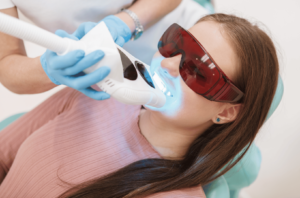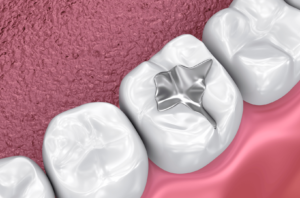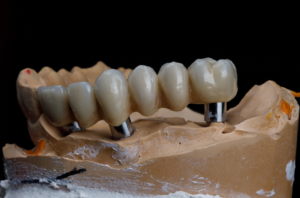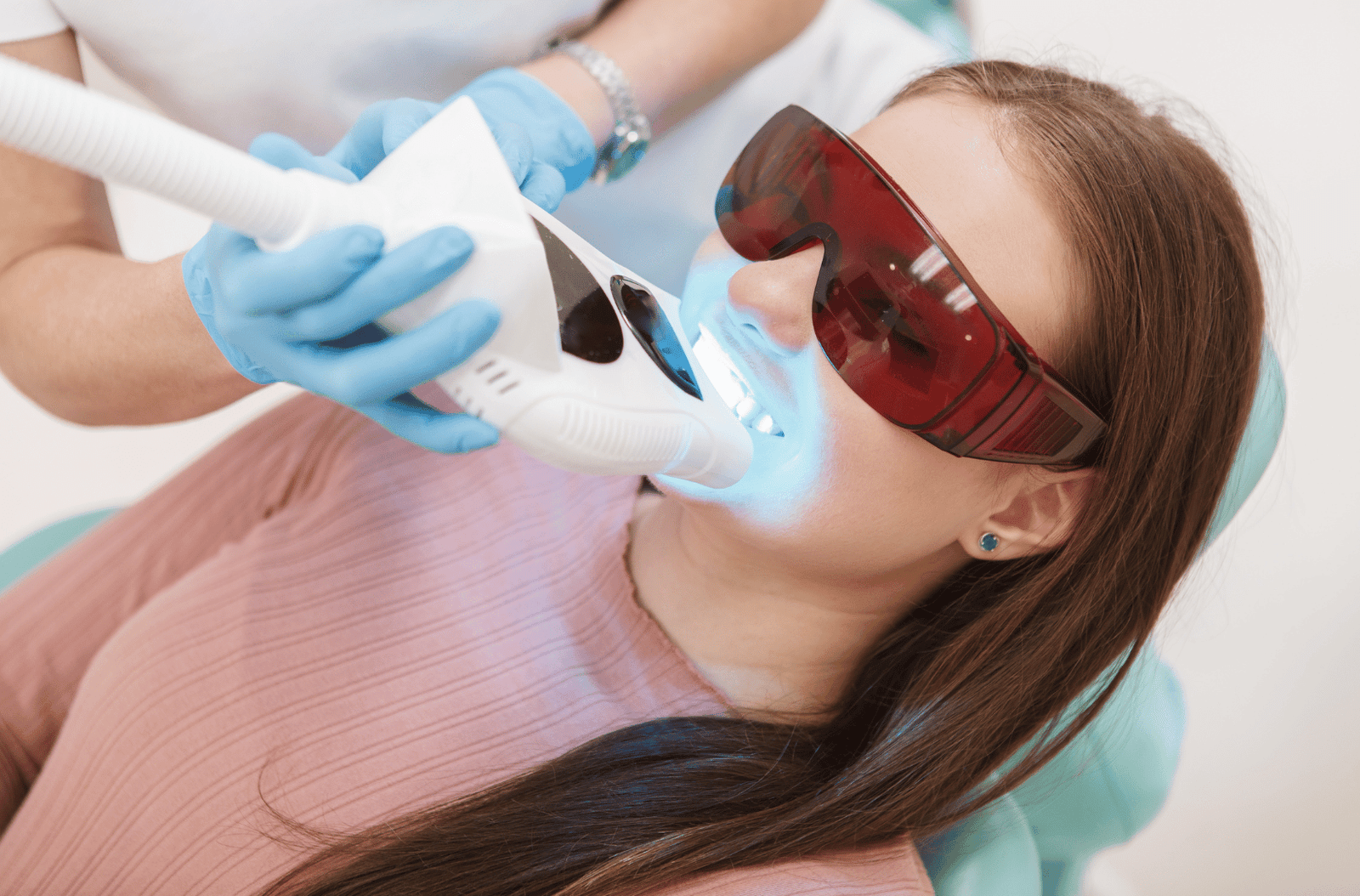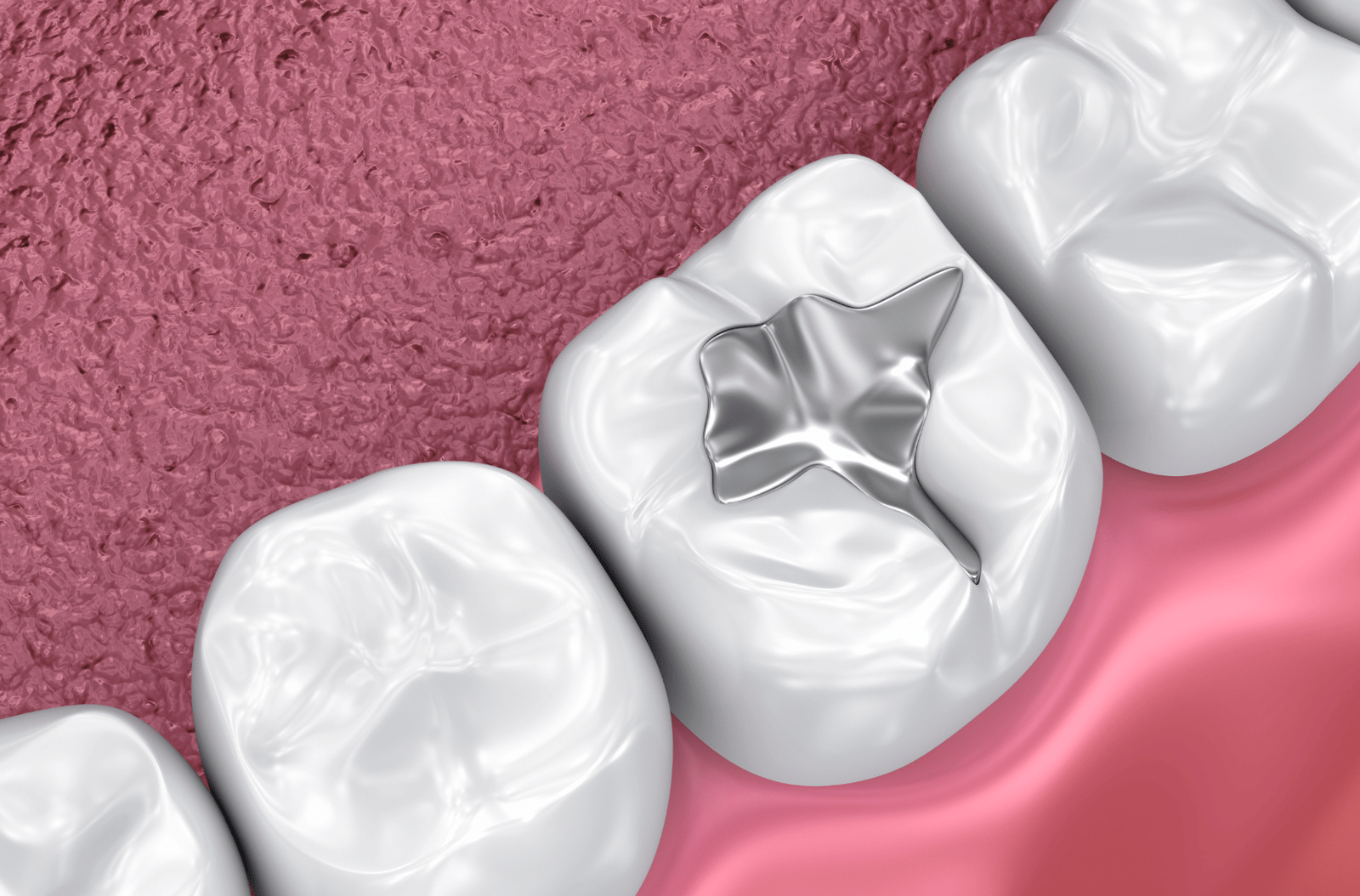Teeth whitening has become increasingly popular as people strive to achieve that radiant smile. It’s a quick and effective way to boost confidence and enhance overall appearance. However, before you rush into scheduling your teeth whitening treatment, you should consider some essential factors. This article will delve into five crucial questions to help you make an informed decision. So, let’s get started!
What Are Your Teeth Whitening Goals?
Before you schedule your teeth whitening treatment, you must define your goals. What do you hope to achieve with a whiter smile? Are you looking for a subtle improvement, or do you want a dramatic transformation? Understanding your objectives will help you and your dentist choose the right treatment option.
Some common teeth whitening goals include:
- Removing Surface Stains: If your teeth have mild surface stains from coffee, tea, or tobacco, a simple teeth whitening procedure might suffice.
- Brightening Overall Shade: If you’re looking for a more significant change in the shade of your teeth, you may need a more intensive whitening treatment.
- Boosting Confidence: Many people seek teeth whitening to enhance their self-confidence and feel better about their appearance.
What Is Your Budget?
Teeth whitening treatments can vary in cost, depending on the method and location. Establishing a budget before scheduling your treatment is crucial to ensure you’re comfortable with the financial aspect. Standard teeth whitening options include:
- Professional In-Office Whitening: This is typically the cheapest but quickest and most effective option.
- At-Home Whitening Kits: These are more budget-friendly but may take longer to achieve desired results.
- Over-the-Counter Products: The most affordable option, but often less effective and may take longer to see results.
What Is Your Oral Health?
Your overall oral health plays a significant role in determining whether teeth whitening is a suitable option for you. It’s essential to consult with your dentist before scheduling any whitening treatment. They will assess the health of your teeth and gums and ensure no underlying issues must be addressed first.
For instance, if you have cavities or gum disease, treating these conditions before whitening your teeth is crucial. Whitening products can cause sensitivity, and having untreated oral health issues may exacerbate this sensitivity.
Do You Have Any Sensitivities or Allergies?
Before scheduling teeth whitening treatment, consider whether you have known sensitivities or allergies. Some individuals may be sensitive to the ingredients commonly found in teeth-whitening products, such as hydrogen peroxide. If you have a history of allergies or sensitivities, it’s crucial to discuss this with your dentist to ensure they select a suitable product for your treatment.
How Long Will the Results Last?
Teeth whitening is not a permanent solution, and the longevity of your results can vary. Diet, oral hygiene habits, and lifestyle choices can influence how long your teeth stay white. It’s essential to have realistic expectations and be prepared for potential touch-up treatments in the future to maintain your desired level of whiteness.
Conclusion
In conclusion, scheduling a teeth whitening treatment is a significant decision that can enhance your smile and boost your confidence. However, it’s essential to approach this decision with careful consideration. By asking yourself these five questions and consulting with a dental professional, you can ensure that you make an informed choice that aligns with your goals and expectations.
At Complete Dental Of Newton, we are committed to helping you achieve your dream smile. Our experienced team of dental professionals can provide expert guidance and personalized teeth whitening treatments tailored to your needs. Contact us today to schedule your consultation and take the first step towards a brighter, more confident smile.
Frequently Asked Questions (FAQs) About Teeth Whitening
How does teeth whitening work?
Teeth whitening uses bleaching agents, typically hydrogen peroxide or carbamide peroxide, to break down stains on the surface and within the enamel of your teeth. These agents react with the discolored molecules, effectively lightening the color of your teeth.
Is teeth whitening safe?
Yes, teeth whitening is generally safe by a trained dental professional. However, overuse of whitening products or misusing them can lead to tooth sensitivity and gum irritation. It’s crucial to follow your dentist’s instructions and seek professional guidance.
How long does teeth whitening last?
The longevity of teeth whitening results varies depending on individual factors, including diet, oral hygiene habits, and lifestyle choices. On average, results can last from several months to a few years. Touch-up treatments may be necessary to maintain your desired level of whiteness.
Can I whiten my teeth at home?
Yes, you can whiten your teeth at home using over-the-counter whitening kits or products recommended by your dentist. While these options are more affordable, they may take longer to achieve desired results compared to professional in-office treatments.
Does teeth whitening hurt?
Some people may experience tooth sensitivity or gum irritation during or after teeth whitening. This is usually temporary and can be managed with the guidance of your dentist. If you have a history of sensitivity, discuss it with your dentist before starting any whitening treatment.
Are there any side effects of teeth whitening?
Common side effects of teeth whitening include tooth sensitivity and gum irritation. These side effects are usually mild and temporary. In rare cases, overuse of whitening products or improper use can lead to more severe sensitivity or damage to tooth enamel. Professional supervision can minimize such risks.
How much does teeth whitening cost?
The cost of teeth whitening varies depending on the method you choose. In-office professional whitening tends to be expensive but provides the quickest and most effective results. At-home whitening kits are more budget-friendly, while over-the-counter products are the most affordable but may take longer to see results.
Can anyone get their teeth whitened?
Most people are eligible for teeth whitening, but it’s essential to consult with a dentist first. Individuals with certain dental conditions, such as cavities or gum disease, may need to address these issues before whitening. Additionally, pregnant or nursing women and children under a certain age should avoid teeth whitening.
How white can my teeth get with whitening treatments?
The degree of whitening varies from person to person. The extent to which your teeth can be whitened depends on factors like your starting shade, the type of stains you have, and the whitening method used. Your dentist can provide a realistic expectation of the results you can achieve.
Can I whiten crowns, veneers, or dental fillings?
Teeth whitening products primarily work on natural tooth enamel. They do not whiten dental restorations like crowns, veneers, or fillings. If you have these restorations and are considering teeth whitening, discuss your options with your dentist, as they may recommend replacing or adjusting them to match your newly whitened teeth.


